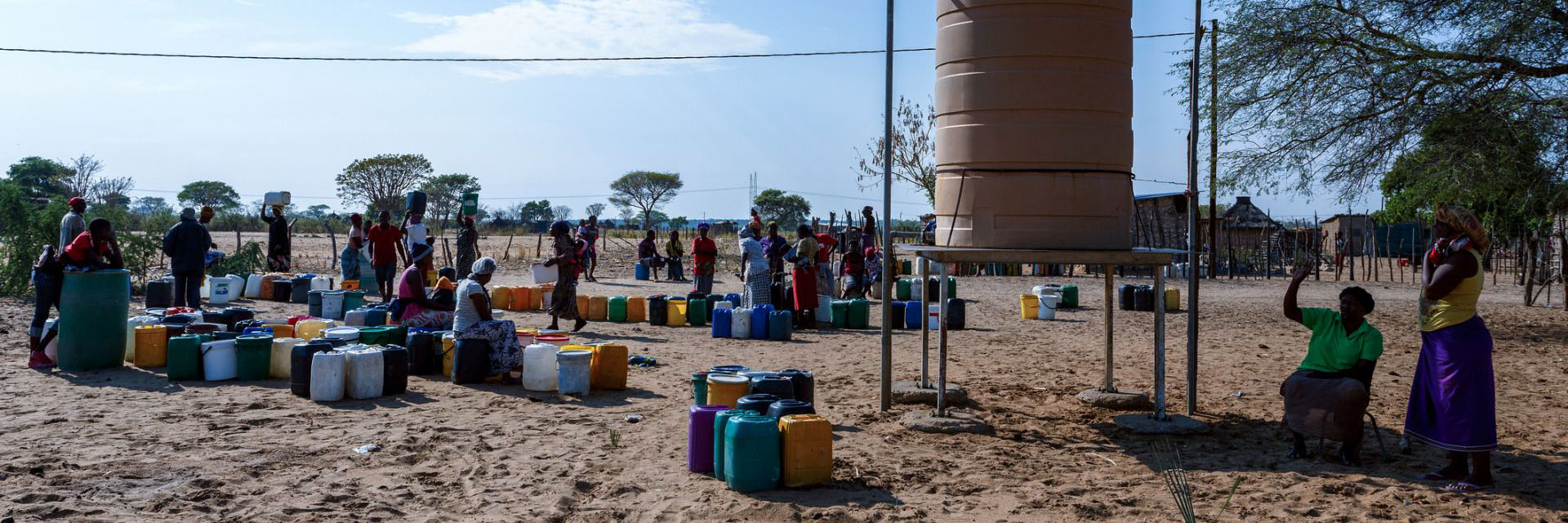Only the kind of cooperation that comes with a network, between international public and private stakeholders, can make us more responsive and effective in the face of imminent danger.
Harnessing synergies in expertise
GloPID-R: international collaboration in research to prepare a rapid response to epidemic emergencies
GloPID-R (Global Research Collaboration for Infectious Disease Preparedness) is the only initiative in the world that unites the organizations that fund research with the aim of accelerating the response to new or re-emerging epidemics with pandemic potential.
An international network of 28 organizations, GloPID-R provides a platform where funders and scientists can meet, so that they can work together to identify the best solutions and channel the necessary funds.
The GloPID-R secretariat is funded by the European Union’s Horizon 2020 program, and coordinated by the Mérieux Foundation and the University of Oxford.
Global Task Force on Cholera Control (GTFCC): A global network coordinating the fight against cholera
The GTFCC offers countries the capacity, tools, and assistance to develop National Cholera Plans (NCPs) and implement them effectively.
It brings together organizations working across multiple sectors and serves as an effective platform to support countries in the implementation of the Global Roadmap, which targets a 90% reduction in cholera deaths and cholera elimination in 20 countries.
More than 50 institutions, including NGOs, academic institutions, and UN agencies, are members of the GTFCC.
The Global Dengue & Aedes-Transmitted Diseases Consortium (GDAC): an integrated approach to prevent and sustainably control Aedes-transmitted diseases
GDAC is a unique global partnership that provides leadership, promotes innovations and strategies in all fields that contribute to the sustainable control of Aedes-transmitted diseases, with a particular focus on dengue, Zika, chikungunya and yellow fever.
It adopts a holistic approach based on integrating several strategies to combat Aedes-transmitted diseases:
- Prevention through vector control
- Prevention through vaccination
- Surveillance
The consortium brings together the Partnership for Dengue Control (PDC), hosted by the Mérieux Foundation, the International Vaccine Institute (IVI), the International Vaccine Access Center (IVAC) at the Johns Hopkins Bloomberg School of Public Health, and the Duke-NUS Medical School. The World Health Organization (WHO) is an observer and advises GDAC.

